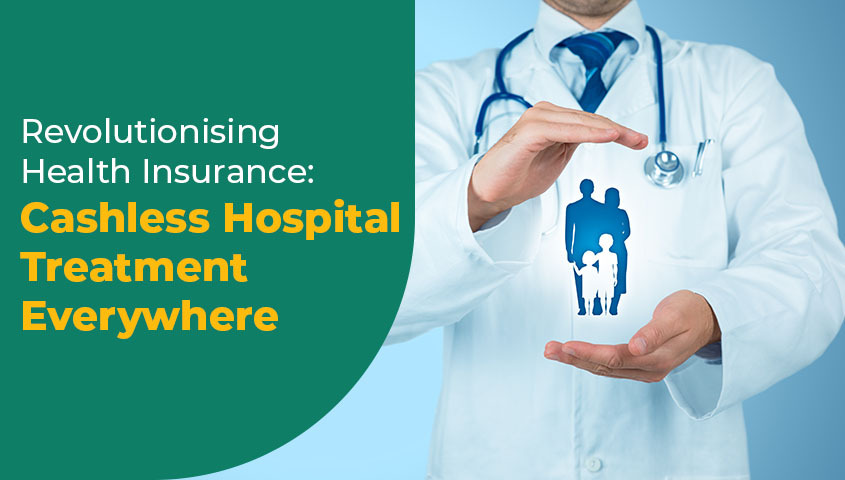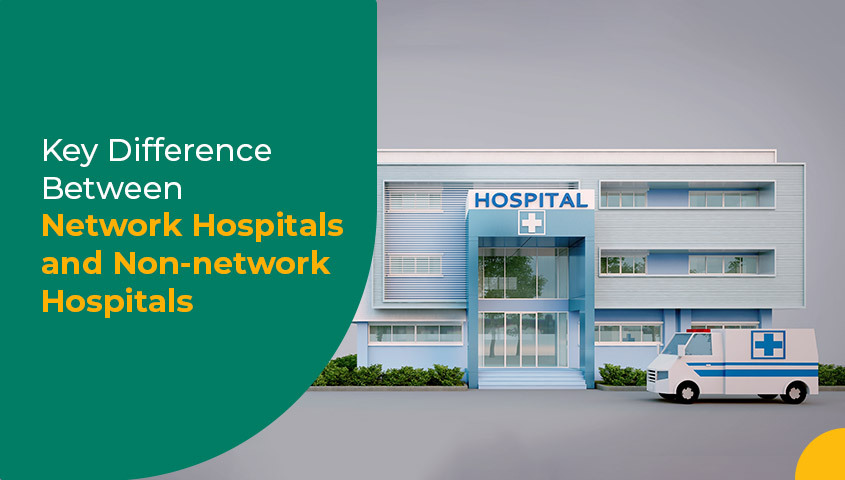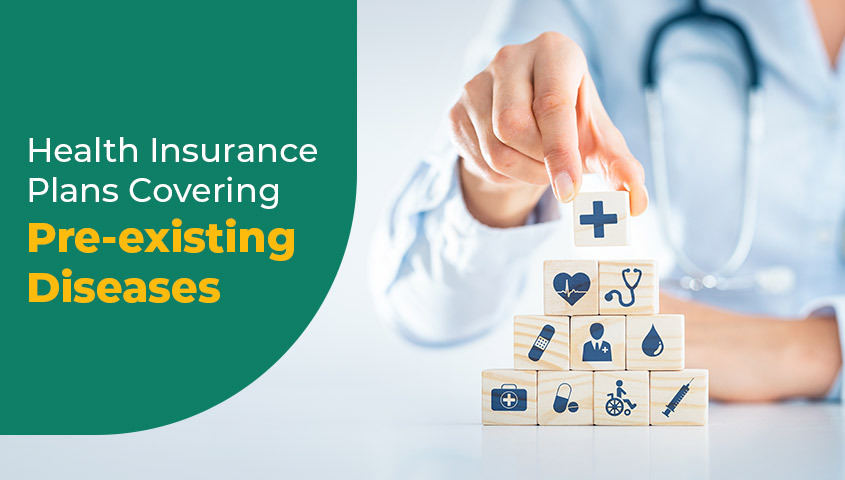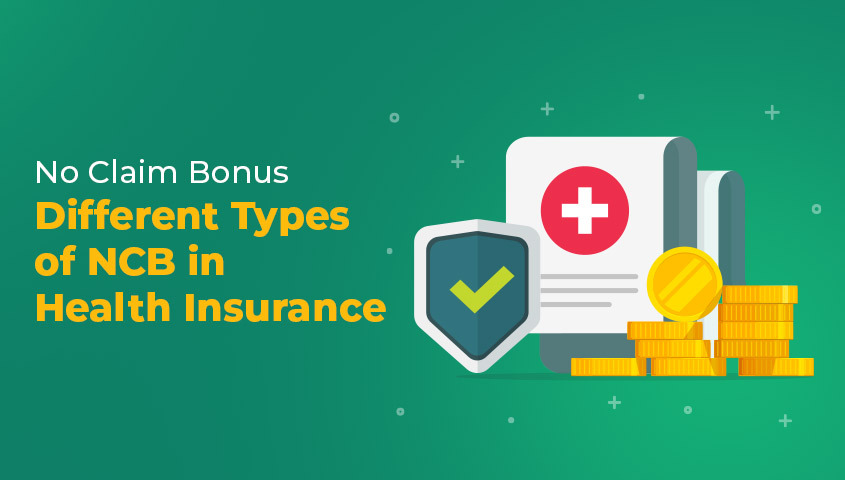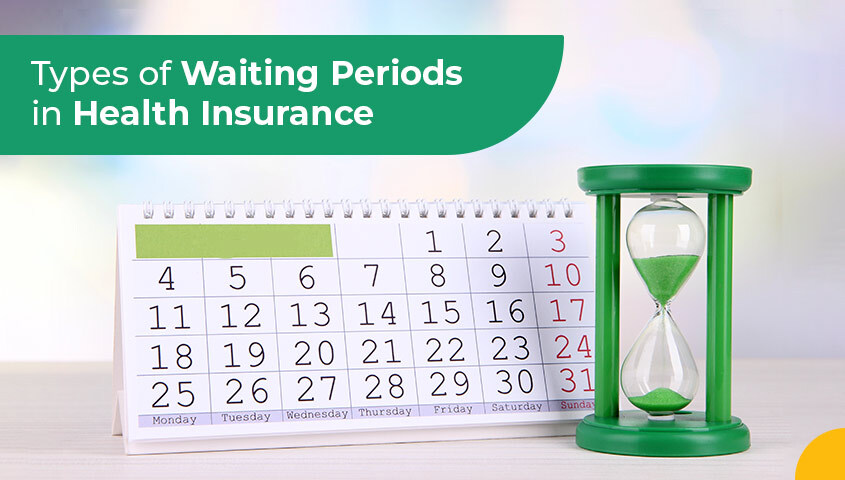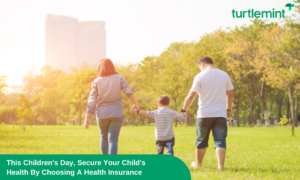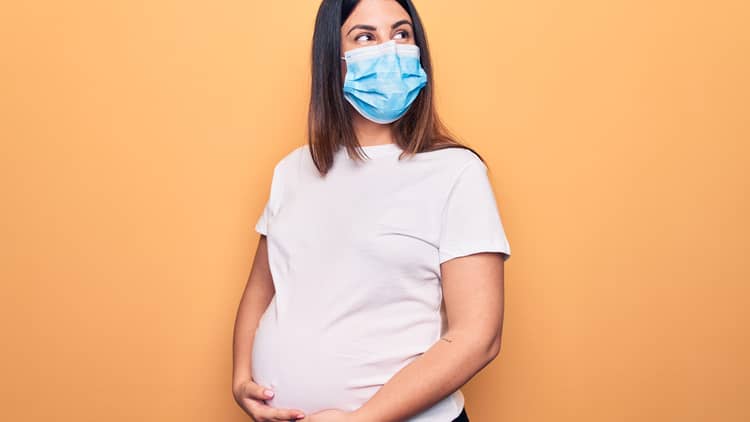
Being pregnant is one of the most important phases in a woman’s life. There are so many emotions that she goes through every minute of the day. There is happiness, there is nervousness, there is joy and there is doubt. Every pregnancy has its own set of challenges, heartburn, morning sickness, fatigue, anxiety and now a pandemic. So, here is all that one needs to know about Covid and Pregnancy.
In these times, if someone is expecting, it is completely understandable that they might be worried about COVID-19. In India, the second wave is already creating havoc. With over 4 lakh cases being reported each day, the situation is scary. But there is no reason to panic, as complete care can be taken to avoid pregnancy-related complications!
Most women who are carrying may find it hard to distinguish if they have a fever or are running a little hot. Feeling flushed or experiencing hot flashes is said to be common among expecting mothers. In most cases, the reason for this is the hormonal changes going inside the body. Under such circumstances, it becomes all the more difficult for an expectant mom to understand whether she is under the weather or down with COVID-19.
What are the Symptoms of COVID-19?
In confirmed COVID-19 cases, people generally experience the following symptoms:
- Fever
- Shortness of Breath
- Cough
- Chills/ Shivering
- Muscle Pain
- Headache
- Loss of taste/ and smell
- Congestion/runny nose
- Diarrhoea
- Sore Throat
- Nausea/ Vomiting
In most cases, the symptoms can stay from 2 to 14 days. While some people experience mild illness, others may feel seriously unwell. There are also patients who are COVID positive but do not have any symptoms
What should someone do if she is pregnant and yet has Covid?
If you know of someone who has the above symptoms, it is recommended that she should monitor her body temperature and keep a tab of her overall health conditions keeping her gynaecologist in the loop. She should ideally isolate herself completely as best as possible and follow all guidelines of WHO. She should not take any medications without consulting her doctor.
Does COVID-19 cause a higher risk for Pregnant Women?
Women who are expecting, or women who have recently delivered or older women, overweight women and/or women who have had a medical history such as diabetes and hypertension may be at a higher risk of being Covid positive. As there are many respiratory and immunity changes in the body, pregnant women may get their lungs affected. In case a pregnant woman develops severe symptoms, she may require intensive care.
As per the Centres for Disease Control and Prevention (CDC), there are 7 types of coronavirus that are known to infect humans. Though many have a mild effect and cause a cold, some of the types can make one seriously ill. The CDC says the following about pregnancy and COVID-19: “Based on what we know at this time, pregnant people are at an increased risk for severe illness from COVID-19 compared to non-pregnant people. Additionally, pregnant people with COVID-19 might be at increased risk for other adverse outcomes, such as preterm birth.”
Does pregnancy increase the risk for developing Covid-19?
When a woman becomes pregnant, her immune system undergoes certain changes. It may so happen that she is at more risk for developing Covid-19.
What precautions can a pregnant lady take during the nine months of pregnancy in the pandemic?
Being a new virus, scientists are still learning about how this virus can affect pregnancy. In the meantime, it is best recommended that soon-to-be moms practise all safety norms issued by the government such as:
- Practise social distancing wherever possible
- Wash your hands frequently
- Stay at home as much as you can
- Wear a double face mask in public
- Monitor your health
- Avoid touching your face
- Avoid being near people who are unwell
- Follow all public Healthline guidelines
- Staying active and fit by following the prenatal instructions
The gynaecologist would be the best person to offer prenatal care while ensuring that she stays safe. Thus, keeping the gynaecologist updated about all health conditions through phone calls or virtual appointments is necessary.
What to keep in mind when in the hospital for delivery?
The second wave of COVID has led to an acute resource shortage in hospitals. The Gynaecologist/ Obstetrician should be made aware of the birth plan. Normal delivery is different from a planned caesarean. Hence proper planning would be needed with the gynaecologist so that the other doctors, nurses and paediatricians are informed accordingly.
When at the hospital, these basic protocols would be followed, which needs to be adhered to
- Doctors, nurses and staff would be following the Covid-19 protocols and wear protective gear at all times
- The visitors need to be restricted
- If the condition allows, she may be discharged early as well
What protocols need to be maintained after getting the newborn home?
The excitement of holding a newborn baby would be high, but the necessary precautions need to be taken as the immunity of the baby would be low at birth. Hence the risk of infection would be high. The hospital would have taken care of the basic precautions at birth, and hence the rest of the safety protocols need to be followed when the newborn child is brought home for the first time.
- The mother and child need to be quarantined for a minimum of 14 days without any visitor from outside. They would be most susceptible to secondary infections at this time.
- All visitors like grandparents, uncles, aunts, etc. need to be quarantined for at least 14 days before the child can be handed over to them.
- All outsiders can visit the child after the initial period of 14 days but with the mask on, provided they are not sick at that point in time.
- All functions and events can happen online for the time being till the pandemic settles.
There is no harm in taking an extra precaution so that the newborn child is not infected even with any secondary infections as any doctor or hospital visit can be precarious at this point in time.
Keeping in mind the second wave, should home birth be done?
In this fast-moving situation, most information becomes outdated very soon. Homebirth with the help of the gynaecologist may sound like a good idea, but it needs to be discussed and planned well with the doctor. There are pros and cons of both hospital birth as well as home birth but emergencies can be better handled at the hospital. So, it needs to be decided by the parents and the doctor in consultation.
How will a Covid positive mother take care of her newborn child?
A covid positive mother needs to keep the following protocols in mind as she would be sharing the room with a newborn whose immunity would be practically nil!
- Washing hands carefully with the soap for a period of a minimum of 20 seconds right before holding the baby or using a hand sanitiser that has at least 60% of alcohol content
- Wearing a double mask whenever the mother is within 6 feet of the baby
- Trying as best to stay away from the newborn baby by at least 6 feet
- Using physical barriers such as an incubator while the mother is infected
- Taking the help of a healthy caregiver/nurse who is not at risk for severe illness.
If the mother is infected, can she pass on the Covid-19 virus to the unborn child?
Say a silent prayer! COVID-19 is reportedly uncommon in a baby born to an infected mother, even if she were infected during the time she was carrying the baby. However, a newborn baby may test positive or negative soon after birth.
But it is still not known if these babies got the virus before, during or after being born. Most of these infected babies had mild or no symptoms at all and recovered completely. Only a few were reported with severe COVID-19 illness.
Can a covid-19 positive mother breastfeed the child?
So far, there is no study that can stop a mother from enjoying this feeling of connection with the baby. There is still no evidence that this virus can infect the breastmilk. Rather, breastmilk can help to protect the baby against many illnesses.
But there is a word of caution! If a nursing mother has tested positive, she needs to follow these safety protocols:
- Washing hands before touching the baby
- Using a double face mask while feeding
- She can also opt for `expressed milk` by following appropriate ‘breast pump’ sanitization techniques
- Maintain proper respiratory hygiene for both the mother and child
- A healthy caregiver or nurse, who is not tested positive, could bottle feed the expressed milk to the child
- Keeping all surfaces clean and properly sanitized
Does a newborn child need to wear a face mask?
A newborn child’s face should not be covered with a mask. As per WHO guidelines, children less than two years MUST NOT wear face masks.
Precaution:
A face mask/shield can pose a threat of Sudden Infant Death Syndrome (SIDS). It can cause accidental suffocation. Bodily movements of babies can cause the shield to block their air passage like nose or mouth. The strap of the shield can cause strangulation.
What signs to look out for infection in a newborn child?
Most babies who have been infected with the COVID-19 virus show mild or no symptoms at all. Severe illness in babies is rare, however, as coronavirus is a new virus, there aren’t too many studies to support it.
Babies with an underlying medical condition or babies who were born earlier than 37 weeks are more prone to severe illness from COVID-19. In case the baby shows symptoms or the baby has been exposed to this virus, then the paediatrician needs to be contacted at the earliest.
Conclusion
Everything that you do and everything that happens to you has an effect on you and the baby growing inside you. This consciousness can often make dealing with an illness all the more complicated, and the worry of bringing your baby into this virus-stricken world can be overwhelming.
The virus is new, a lot more research is required to understand its effects on expecting moms, new moms and their babies. There is very little data that can offer accurate guidance. Being pregnant in the pandemic has brought unique challenges, but not to worry much. Just take all the necessary precautions, surround the pregnant woman or the new mother with happy and positive thoughts, read good books and keep her happily engaged. Yes, the challenges would be there, but it would all be worth the effort!
Ref:
- https://www.whattoexpect.com/news/pregnancy/coronavirus-during-pregnancy/
- https://www.cdc.gov/coronavirus/2019-ncov/need-extra-precautions/pregnancy-breastfeeding.html
- https://www.who.int/news-room/q-a-detail/coronavirus-disease-covid-19-pregnancy-and-childbirth
- https://timesofindia.indiatimes.com/life-style/parenting/pregnancy/coronavirus-second-wave-can-pregnant-women-pass-on-covid-19-to-newborns/articleshow/82330422.cms

